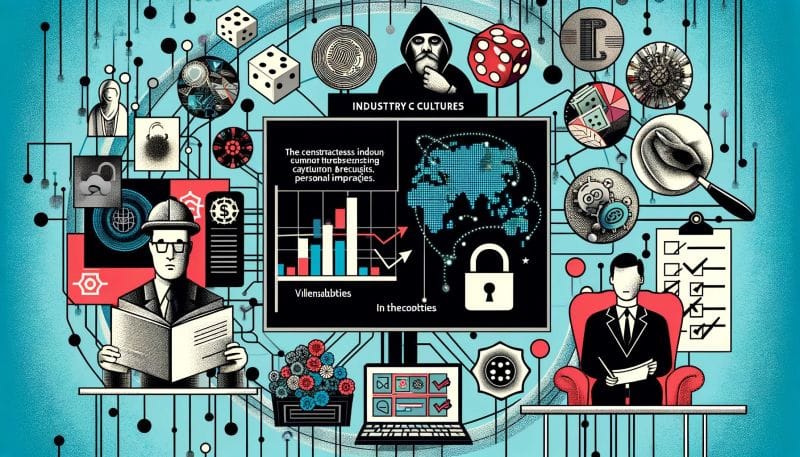One of the best parts of our work is the sheer variety of businesses we engage with.
Each industry has its own rhythm, mindset—and crucially, its own culture.
Here’s what we often see:
- 👷♂️ Construction tech teams are hands-on, practical, and “just get it built.”
- 🎲 Gambling tech leans into risk, iteration, and pushing limits.
- 🏦 Financial services favour structure, incremental change, and long-term resilience.
But sometimes, an outside perspective hits harder than any sector benchmark.
A Wake-Up Call from Netflix (Yes, Really)
A recent Netflix documentary on the Ashley Madison hack served as a brutal reminder of what happens when commercial ambition outruns ethical leadership—and cyber security.
If you missed the scandal, here’s the quick version:
- The company claimed to delete users’ data for a fee.
- They didn’t.
- Most “female” profiles were bots.
- Then came the hack—and the devastating exposure of millions of users.
- All of this came from a culture that ignored internal concerns and doubled down on monetisation over responsibility.
Yes, it was 2015. But the lessons still apply. Loudly.
Cyber Neglect Isn’t Historical—It’s Happening Right Now
In our Tech Due Diligence work, we still encounter this pattern regularly—just dressed in different clothes.
- Founders focused entirely on feature velocity
- CTOs brushing off basic penetration testing
- SaaS platforms scaling fast but riddled with unpatched vulnerabilities
And let’s be honest: it’s rarely about budget.
The two biggest drivers?
- Ego – a belief that “we’re too smart to be hacked”
- Outdated knowledge – relying on old habits in a rapidly evolving threat landscape
We can’t fix ego. But we can close the knowledge gap.
From Tech Debt to Trust Deb
We run external, non-intrusive cyber assessments that quickly identify vulnerabilities in your platform and tooling. Every time we do, we find issues that could derail:
- A funding round
- A strategic exit
- Or worse, customer trust
It’s not just about protecting systems. It’s about protecting reputation, value, and people.
Because as the Ashley Madison debacle shows—when customers realise you’ve cheated on their trust, they don’t come back.
Exit Readiness Starts with Security Maturity
If you’re preparing for an investment round or exploring a future exit, now’s the time to look under the hood.
Our exit readiness framework, informed by years of Tech Due Diligence and input from top PE tech buyers, includes:
- External cyber testing
- Internal process mapping
- SaaS platform scalability checks
- Culture and leadership assessment
It’s proactive. It’s respectful. And it’s what smart founders are doing before a buyer finds the issues for them.
Final Thought
A weak cyber posture doesn’t always come from malice. Sometimes it comes from inexperience, distraction, or lack of external pressure.
But the cost of ignoring it? That’s very real.
So don’t cheat your customers. Don’t cheat your future investors.
And whatever you do, don’t cheat your own exit.




